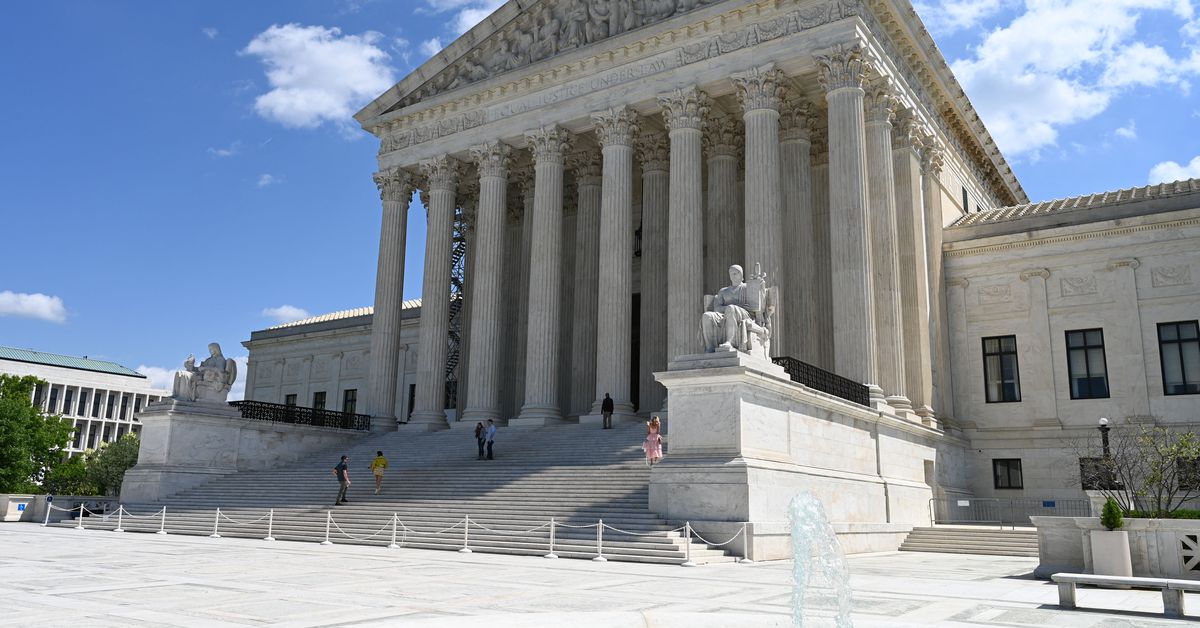/cdn.vox-cdn.com/uploads/chorus_asset/file/24606969/1252117515.jpg)
The Supreme Court is set to hear two cases that could decide if the First Amendment allows government officials to block users on personal social media accounts where they post about their work.
The cases are O’Connor-Ratcliff v. Garnier and Lindke v. Freed, both concerning public officials who use social media. The first involves two elected school board members who blocked parents who left repetitious comments on their posts. The second involves James Freed, the city manager of Port Huron, who blocked accounts and deleted comments from his Facebook page. Neither case applies to whether platforms can ban or otherwise moderate users, an issue that the Supreme Court is likely to take up at a later point.
Public officials blocking users has come up in court before, most prominently with former President Donald Trump. The Knight First Amendment Institute at Columbia sued the administration in 2017, and an appeals court ruled in 2019 that him blocking critics did violate the First Amendment. My colleague Adi Robertson has an excellent write-up on the potential legal implications of the Trump ruling here. But at the time, it was unclear how the ruling could affect other politicians and agencies. A Supreme Court decision could help clarify that further and may have major ramifications for how politicians use their social media accounts.
Services Marketplace – Listings, Bookings & Reviews
